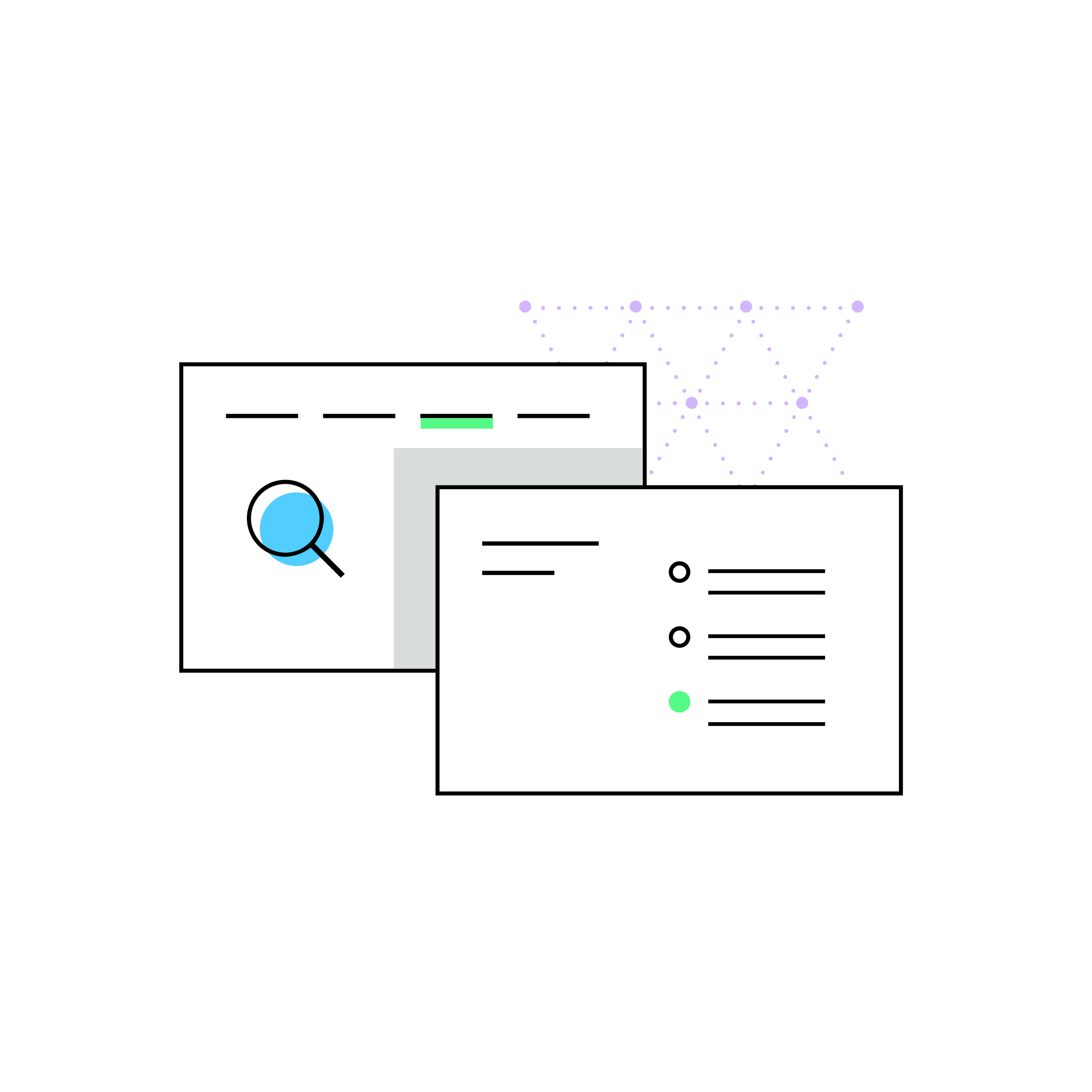It’s time to prepare your e-commerce store for Black Friday/Cyber Monday sales tax
by September 30, 2023
Please note: This blog was originally published in 2021. It’s since been updated for accuracy and comprehensiveness.
As the official start of the holiday shopping season, Black Friday is often called “the busiest shopping day of the year.” Many say that the “black” in Black Friday refers to the fact that many retailers will begin to turn a profit. Whether or not that’s actually true, we can all agree that Black Friday/Cyber Monday weekend will bring in a lot of welcome sales for e-commerce retailers across the country.
One thing you want to double and triple check is that your e-commerce store is set up to collect sales tax before Black Friday and Cyber Monday (BFCM) roll around.
Here’s why.
Sales tax can impact your bottom line
Many online retailers make their entire year’s sales goals during the holiday season. But sales tax can throw a wrench into those gorgeous sales numbers. Collecting too much sales tax from a customer can create a negative experience. But not collecting enough sales tax means that you’re required to pay the uncollected amount out of your profits. Ouch!
To prevent a holiday sales tax disaster, we suggest double checking your sales tax setup on all of your online shopping carts (and if still applicable) marketplaces. Ensure you are collecting sales tax from buyers in all of your nexus states. It can be extremely easy to realize you have nexus in a new state but forget to turn on sales tax collection for that state on one of your sales channels.
Also, sales tax rates change constantly. If you have any custom sales tax collection set up, it’s time to double check that those rates are still accurate.
Of course, if you use the TaxJar API to collect sales tax via your online store, then you are all set. TaxJar’s sales tax API is always up to date and ensures you collect the right amount of sales tax from every buyer, every time.
BFCM requires sales tax collection that can scale
Do your sales and marketing teams have some mega-gigantic Black Friday/Cyber Monday promotion planned? Great! Hopefully that means zillions of new customers will pour into your online store and make this your busiest sales day of the year. What could go wrong?
A stalled or failed sales tax collection engine, for one thing.
Speed is important when your customers are buying online, and every millisecond matters. For example, every 1,000 millisecond or 1 second reduction in page load time for Walmart resulted in a 2% conversion rate increase. Every 100 milliseconds for Mobify resulted in a 1.11% conversion increase.
A slow checkout can lead your customer to a competitor. Worse, your check out could stall out completely, leaving your customers unable to check out. Nobody wants to see a slew of abandoned carts on Cyber Monday because of an administrative necessity like sales tax.
TaxJar’s sales tax API clocks in at sub-20ms with 99.99% uptime, which means that your customers instantly see accurate tax data in their checkout view. Our ecommerce sales tax API and calculation engines scale seamlessly, maintaining the same speed and reliability no matter how many transactions are processed at once.
Cyber week is no longer just a week
Studies show that interest in Black Friday starts to build as early as late October. Or, if your family and friends are anything like mine, if a large appliance starts to go or if a new TV starts to look really good, you’ll tell each other, “Wait for those Black Friday deals.”
Many retailers are getting with the program and offering their Black Friday/Cyber Monday deals earlier and earlier to get a jump on the competition.
So the time to ensure that you are collecting the right amount of sales tax is now.
Good news! Marketplace sellers are prepared for BFCM
In the US, most e-commerce sellers who sell on marketplaces like Amazon or eBay are in luck. Every state with a sales tax requires that online marketplaces collect sales tax on behalf of third party sellers who use their platform.
However, don’t confuse an online marketplace with software like Shopify or BigCommerce that allows you to create your own online store. If you sell online via a Shopify store or using a ERP like Acumatica you are still required to collect and remit sales tax in states where your business has sales tax nexus.
Need to make sure that your sales tax engine works seamlessly on what could be your biggest sales day of the year? Start a free 30-day TaxJar trial today.








